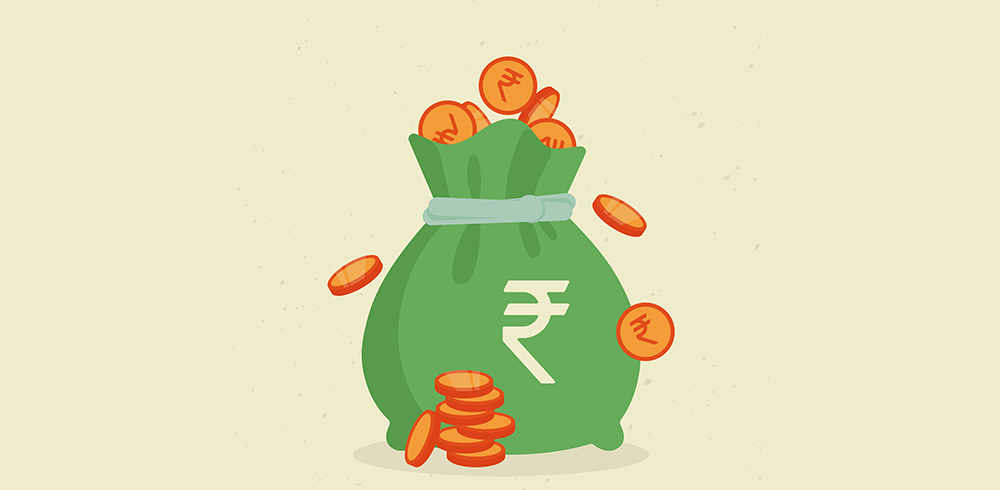In the dynamic landscape of personal finance, we often find ourselves at a crossroads when it comes to choosing between different financial instruments. Among the plethora of options available, personal loans and chit funds stand out as viable choices, each with its own set of advantages and considerations. In this blog, we will delve into the intricacies of personal loans and chit funds, shedding light on their features, benefits, and potential pitfalls.
Understanding Personal Loans
A personal loan is a popular financial product that caters to your immediate financial requirements. Personal loans are unsecured loans, meaning they do not require any collateral. You can avail personal loans to meet various needs such as loans for medical emergencies, education expenses, or even consolidating existing debts.
Advantages of Personal Loans
- Quick Approval and Disbursement
Personal loans are known for their swift approval process. This makes them an attractive option for those who require immediate funds.
- Flexible Use of Funds
Unlike specific-purpose loans such as home loans or car loans, personal loans provide flexibility in using the funds. You have the freedom to allocate the money as per your requirements.
- Predictable Repayment Structure
Personal loans come with fixed interest rates and a predefined repayment schedule, making it easier for you to plan your finances.
Drawbacks of Personal Loans
- Higher Interest Rates
Personal loans often come with high interest rates, especially if you are someone with poor credit scores. This eventually makes repayment more expensive over time.
- Stringent Eligibility Criteria
Lenders often impose strict eligibility criteria, and the interest rate offered depends on factors such as credit score, income, and employment stability.
- Risk of Unnecessary Debt
Personal loans can tempt borrowers to take out more money than they need. This sometimes leads to unnecessary debt over time which can be challenging to manage.

Understanding Chit Funds
Chit funds, on the other hand, operate on a different principle. Chit funds are a traditional financial model where a group of individuals comes together, contributes a fixed amount regularly, and one member is selected through a bidding process to receive the pooled funds. The cycle continues until all members receive their turn.
Chit Funds Benefits
- No Requirement for Credit Checks
Unlike personal loans, chit funds do not involve extensive credit checks. This makes them accessible to individuals with varying credit histories.
- Potential for Higher Chit Fund Returns
Chit fund returns are higher as chit funds provide an opportunity for members to win the bid and receive a lump sum amount, which is higher than their contributions.
Also Read – Why Should You Avoid Availing Fast Loans With a Bad Credit Score
Drawbacks of Chit Funds
- Lack of Immediate Liquidity
Unlike personal loans, where you receive the entire amount upfront, chit funds require members to wait for their turn to receive the pooled amount.
- Operational Risks
Chit funds depend heavily on the honesty and integrity of the members. If someone defaults on their contributions or bids unfairly, it can impact the entire group.
- High-Interest Rates
Borrowing within a chit fund can involve high interest rates and this can reduce the overall benefit for participants.
Choosing the Better Personal Finance Option
Now that we have dissected the pros and cons of both personal loans and chit funds, the question remains – which is the better option for you? Here are a few factors to consider while choosing from the two personal finance options.
- Urgency and Flexibility
If you need funds urgently and require flexibility in usage, a personal loan might be the better choice. The quick approval process and unrestricted use make it suitable for various financial needs.
- Credit History and Eligibility
Your credit history and eligibility play a crucial role in determining the feasibility of a personal loan. If you have a good credit score and meet the lender’s criteria, a personal loan can offer a hassle-free solution.
- Patience and Long-Term Planning
If you are patient, have a long-term financial goal, and value community trust, a chit fund can be a rewarding experience. It requires a commitment to the group and an understanding that the benefits may be realised over time.
Conclusion
The choice between a chit fund vs personal loan ultimately depends on your circumstances, financial goals, and preferences. Both options have their merits and drawbacks, and the key lies in aligning your choice with your specific needs.
You must consider your urgency for funds, risk appetite, credit history, and long-term financial goals while making the choice. By weighing the pros and cons of personal loans and chit funds, you can make a well-informed decision that sets you on the path to financial stability.
FAQs
1. How do personal loans and chit funds differ in terms of purpose?
Personal loans are for emergency needs like medical expenses or education. However, on the other hand, chit funds are often for saving and borrowing within a group, where members contribute and one person receives the pooled amount.
2. Do chit funds require collateral?
No, chit funds do not require collateral as they rely on the contributions and trust of the group members.
3. How is the interest rate determined for personal loans and chit funds?
Personal loans have interest rates set by lenders based on the borrower’s credit scores and income. Chit funds have variable rates determined by the group’s bidding process.
4. Are personal loans secured or unsecured?
Personal loans are usually unsecured and hence, no collateral is needed to avail them.






